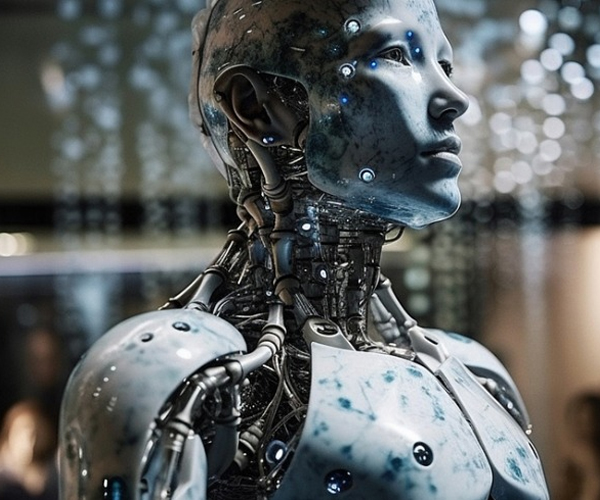The rapid development in artificial intelligence, or AI, has had the effect of disrupting and transforming socioeconomic activities across industries ranging from health, trade, education and even the mitigation of climate change.
However, as industries and governments across the globe are positioning themselves to tap into and exploit these possibilities, experts argue that African countries need to tackle governance issues and lack of institutional and infrastructural capacity to establish the building blocks that will allow them to benefit from artificial intelligence.
They added that Africa needs supportive policies and robust infrastructure to tap the limitless opportunities of artificial intelligence to quicken its development. Though it is important to regulate the use of AI in Africa to avert its risks, the experts said that the continent should not wait to have the regulations in place in order to embrace the technology.
Fayaz King, an expert in digital public infrastructure from Zimbabwe, said AI has the potential to contribute up to $1.2 trillion to the African economy by 2030, representing a 5.6 percent increase in the continent’s GDP by 2030. That is why it is important for African governments to incentivize stakeholders across AI value chains with a focus on small-medium scale enterprises to foster innovation and equitable access to AI technologies.
Alfred Ongere, an information technology expert and the founder of Artificial Intelligence Kenya, a nongovernmental organization, said the urgency to regulate AI in African countries is expected to intensify because it can potentially be used in disseminating misinformation, fake news, and disinformation. However, policymakers should prioritize improving the state of the AI ecosystem.
Source: CHINADAILY.com.cn



